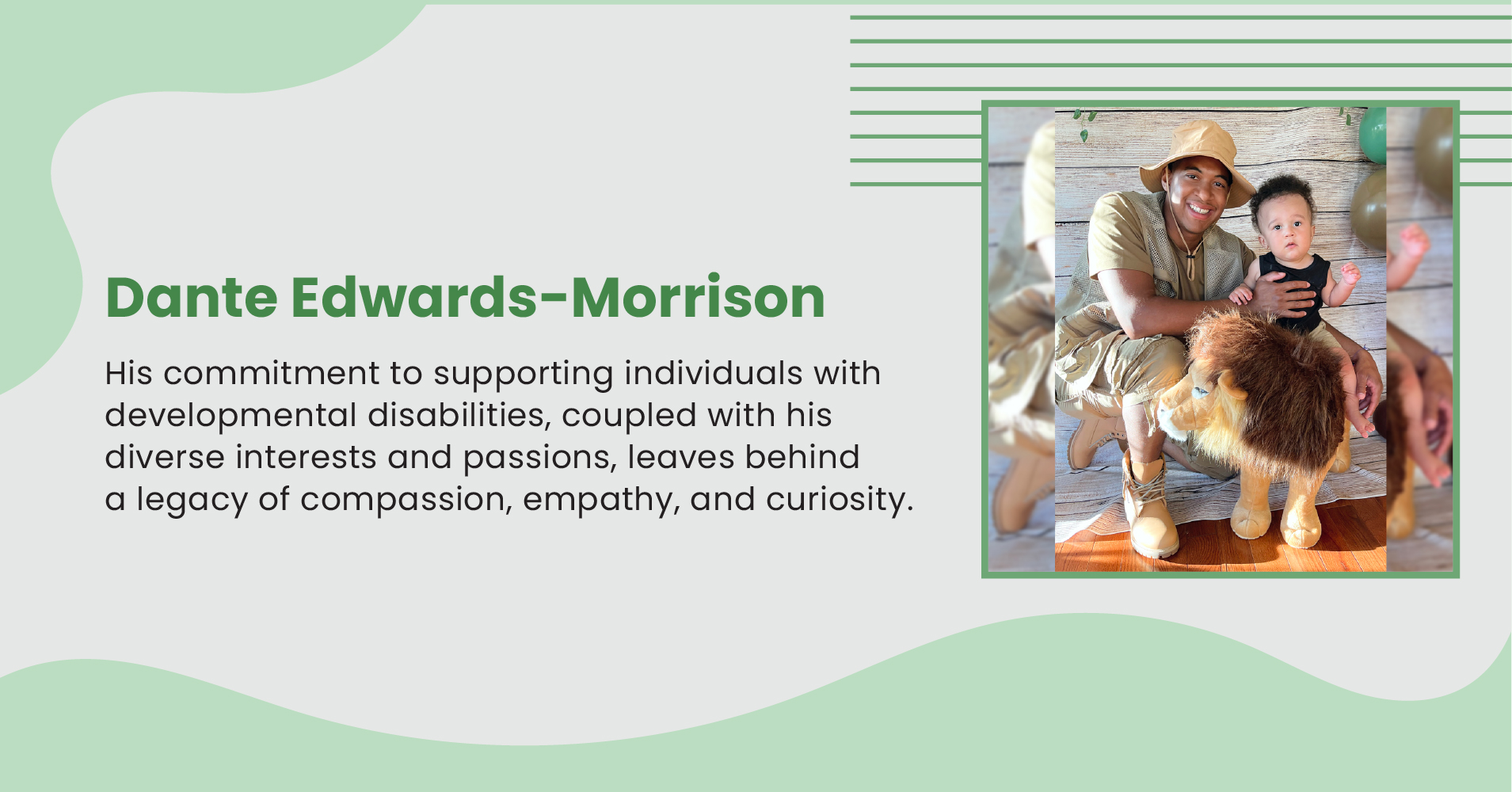
A career built on a foundation of service and integrity is more than a professional journey; it is a lifelong commitment to positively impacting the world. This path is often marked by a steadfast dedication to helping others, advocating for justice, and upholding ethical standards in all endeavors. Reflecting on such a career offers valuable insights into the principles and actions that define a life of meaningful contribution.
The Foundation of Service
The seeds of a service-oriented career are often planted early in life. Many individuals who choose this path are influenced by experiences and values instilled during their formative years. Whether through volunteer work, community involvement, or the guidance of mentors, these experiences shape a commitment to serving others and fostering positive change.
Choosing a career in social work, public service, healthcare, or education is often driven by a desire to address societal issues and support vulnerable populations. Dedicating one’s professional life to service reflects a deep-seated belief in the importance of contributing to the greater good and making a tangible difference in the lives of others.
Upholding Integrity
Integrity is a cornerstone of a career dedicated to service. It involves consistently adhering to ethical principles, even when faced with challenges or temptations to compromise. Upholding integrity requires honesty, transparency, and accountability in all actions and decisions.
Throughout a service-oriented career, individuals often encounter situations that test their resolve. Maintaining integrity is crucial when dealing with limited resources, systemic barriers, or ethical dilemmas. This steadfast commitment to doing what is right, even in the face of adversity, not only defines a person’s character but also builds trust and credibility with those they serve.
Building Collaborative Relationships
In a career focused on service and integrity, working together is very important. Lasting change rarely happens when people work alone. It takes the combined efforts of many people to make a real difference. Building strong, collaborative relationships with other professionals, organizations, and community members is key to creating comprehensive support systems and addressing complex issues.
Effective collaboration involves open communication, mutual respect, and a shared vision for positive outcomes. By fostering partnerships and working together, individuals in service-oriented careers can leverage diverse perspectives and resources to achieve greater impact. This collaborative approach enhances the effectiveness of interventions and strengthens the community’s overall fabric.
Navigating Challenges
A career dedicated to service is often fraught with challenges. Limited funding, bureaucratic hurdles, and societal resistance to change are just a few of the obstacles that can arise. Navigating these challenges requires resilience, creativity, and a relentless focus on the mission.
One of the most significant challenges in a service-oriented career is advocating for systemic change. Addressing the root causes of poverty, inequality, and injustice often involves challenging established structures and norms. This advocacy work is essential for creating lasting change, but it can be difficult and slow-moving. Persistence and a long-term perspective are crucial for overcoming these hurdles and achieving meaningful progress.
Impacting Lives and Communities
The impact of a career dedicated to service and integrity extends far beyond individual accomplishments. The true measure of success lies in the positive changes in the lives of others and the broader community. Whether through direct support, advocacy, or program development, those who dedicate their careers to service leave a lasting legacy of empowerment and improvement.
Success stories of individuals overcoming adversity, communities becoming more resilient, and systems becoming more equitable are testaments to the power of dedicated service. These outcomes are often the result of years of hard work, collaboration, and unwavering commitment to making a difference. These efforts have positively impacted communities, improved the lives of vulnerable populations, and inspired future generations.
Mentorship and Legacy
A crucial aspect of a service-oriented career is the role of mentorship. Experienced professionals have the opportunity to guide and support the next generation of service leaders. By sharing knowledge, skills, and experiences, mentors help emerging professionals navigate their careers and commit to integrity and service.
Mentorship also involves modeling ethical behavior and demonstrating the importance of maintaining one’s values in all professional actions. This guidance helps mentees develop the resilience and ethical grounding necessary for a successful career in service. The tradition of mentorship lives on through the ongoing commitment and influence of those who follow the guidance of their mentors.
The Rewards of Service
While financial rewards and public recognition may not always accompany a career dedicated to service, the intrinsic rewards are profound. The fulfillment derived from knowing that one’s efforts have made a difference in the lives of others and contributed to the betterment of society is unparalleled. This sense of purpose and accomplishment is a powerful motivator that sustains individuals throughout their careers.
Reflecting on a career of service and integrity reveals the deep sense of satisfaction that comes from living a life aligned with one’s values. The relationships built, the challenges overcome, and the positive impact made are part of the enduring legacy of a career dedicated to improving the world.
Inspiring Future Generations
The legacy of a career in service and integrity inspires future generations. It shows that real success is not about what you gain personally, but about the positive impact you have on other people’s lives. Aspiring professionals can use these examples as a guide for leading meaningful and impactful careers.
By embracing the principles of service and integrity, future generations can continue the work of those who came before them, building on their achievements and striving for an even greater impact. The stories of dedication and ethical leadership provide a roadmap for navigating the complexities of a service-oriented career and creating lasting, positive change.
A career dedicated to service and integrity is a testament to the power of commitment, ethical leadership, and collaboration. Reflecting on such a career offers valuable lessons and inspiration for all who seek to impact the world positively. The legacy of dedication and integrity serves as a beacon, guiding future generations toward a life of meaningful contribution and lasting change.